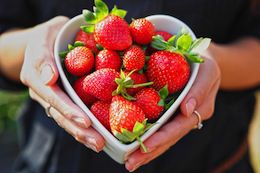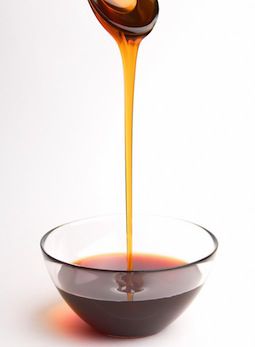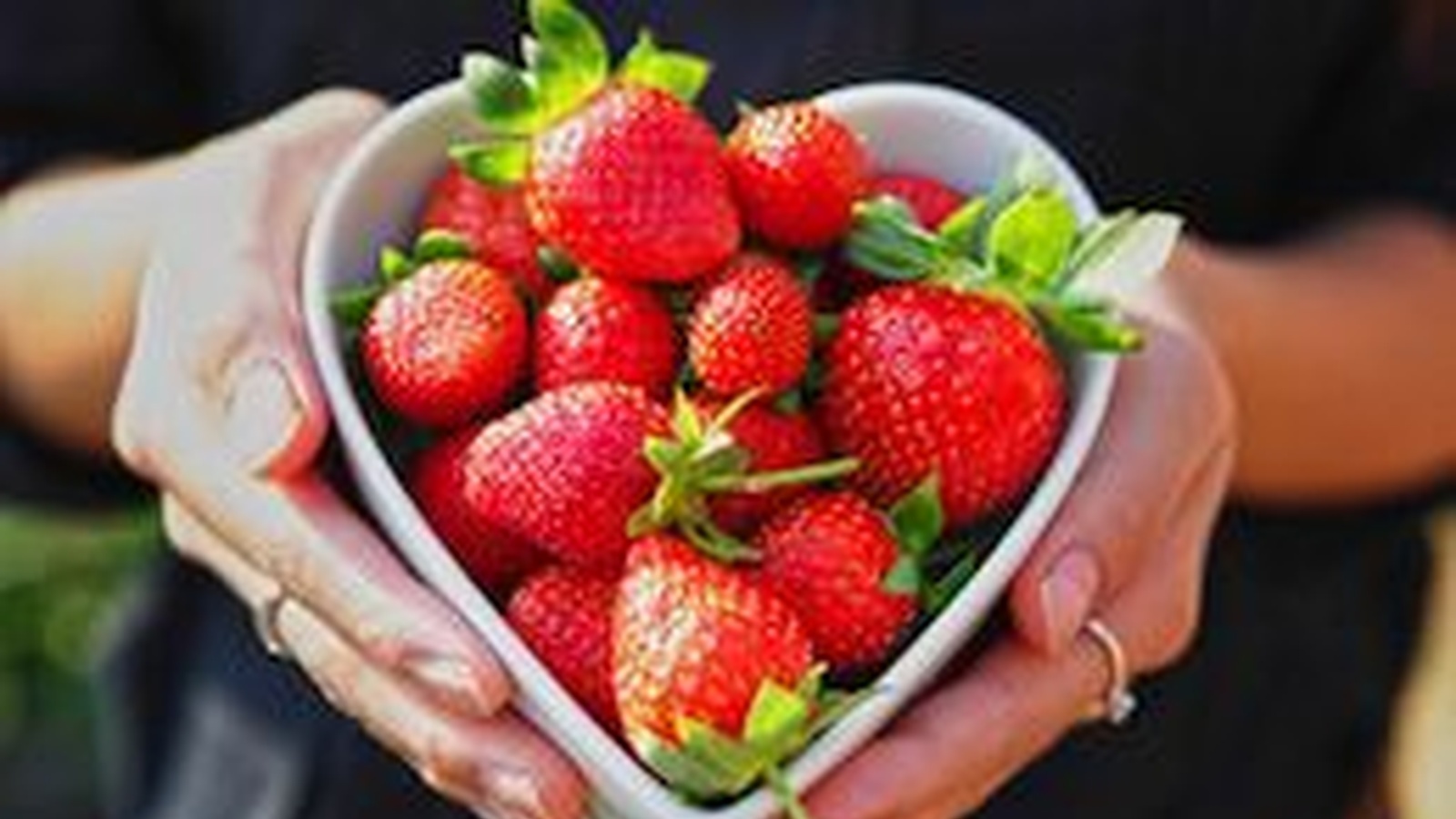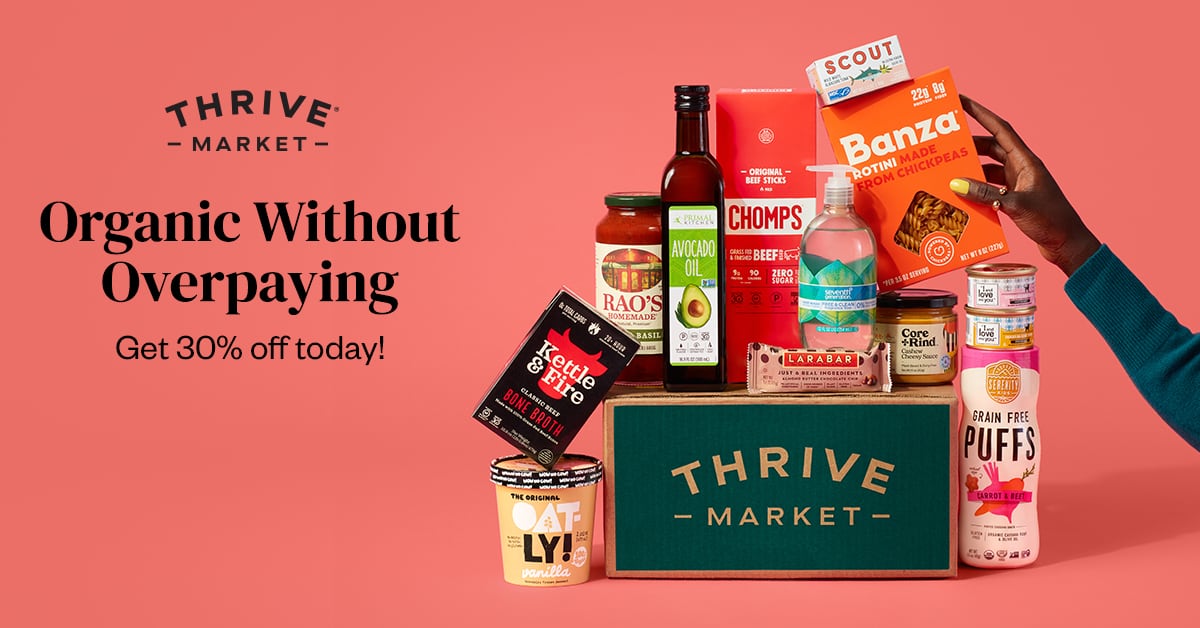Natural Ways To Manage High Blood Pressure
Uncontrolled high blood pressure is a very serious health concern that can lead to heart disease and increased risk for stroke if left untreated. The good news is, by optimizing your dietary intake, exercising, and effectively managing your stress, the odds of normalizing your blood pressure are greatly in your favor.
The guidelines given below provide an insight into how you can naturally treat and manage high blood pressure.
Your Diet Will Raise or Lower Your Blood Pressure
 Are you on a high grain, low fat regimen? If so, I have bad news for you, because this nutritional combination is a prescription for hypertension and can absolutely devastate your health.Groundbreaking research published in 1998 in the journal Diabetes reported that nearly two-thirds of the test subjects who were insulin resistant (IR) also had high blood pressure, and insulin resistance is directly attributable to a high sugar, high grain diet, especially if accompanied by inadequate exercise.
Are you on a high grain, low fat regimen? If so, I have bad news for you, because this nutritional combination is a prescription for hypertension and can absolutely devastate your health.Groundbreaking research published in 1998 in the journal Diabetes reported that nearly two-thirds of the test subjects who were insulin resistant (IR) also had high blood pressure, and insulin resistance is directly attributable to a high sugar, high grain diet, especially if accompanied by inadequate exercise.
So, chances are that if you have hypertension, you also have poorly controlled blood sugar levels, because these two problems often go hand in hand. As your insulin level elevates, so does your blood pressure.
Fructose Can Cause Your Blood Pressure to Skyrocket
 The first thing you need to do is remove all grains and sugars from your diet, particularly fructose, until both your weight and your blood pressure have normalized. Eating sugars and grains -including any type of bread, pasta, corn, potatoes, or rice - will cause your insulin levels and your blood pressure to remain elevated.
The first thing you need to do is remove all grains and sugars from your diet, particularly fructose, until both your weight and your blood pressure have normalized. Eating sugars and grains -including any type of bread, pasta, corn, potatoes, or rice - will cause your insulin levels and your blood pressure to remain elevated.
This is significant because the average American now consumes 70 grams of fructose EVERY day!
Fructose breaks down into a variety of waste products that are bad for your body, one being uric acid. Uric acid drives up your blood pressure by inhibiting the nitric oxide in your blood vessels. Nitric oxide helps your vessels maintain their elasticity, so nitric oxide suppression leads to increases in blood pressure. In fact, 17 out of 17 studies demonstrate that elevated uric acid levels lead to hypertension.
As a standard recommendation, I strongly advise keeping your TOTAL fructose consumption below 25 grams per day. Since the average 12-ounce can of soda contains 40 grams of sugar, at least half of which is fructose, this can of soda ALONE would exceed your daily allotment.
In addition, most people would be wise to also limit the amount of fructose you get from fruit to 15 grams or less, because you're virtually guaranteed to consume "hidden" sources of fructose (typically in the form of high fructose corn syrup) from most beverages and just about any processed food you eat.
Additional Dietary Considerations
1. Normalize Your Omega 6:3 Ratio
Both omega-3 and omega-6 fats are essential for your health. Most Americans, however, are getting too much omega-6 in their diet and far too little omega-3. Consuming omega-3 fats is one of the best ways to re-sensitize your insulin receptors if you suffer from insulin resistance.
Omega-6 fats are found in processed vegetable old, such as corn, soy, canola, safflower and sunflower oil. If you're consuming a lot of these oils, you'll want to avoid or limit them.
Omega-3 fats are typically found in flaxseed oil, walnut oil and fish, with fish being by far the best source. Unfortunately, most fresh fish today contains dangerously high levels of mercury. Your best bet is to find a safe source of fish, or if this proves too difficult, supplement with a high quality krill oil, which has been found to be 48 times more potent than fish oil.
2. Eliminate Caffeine
The connection between caffeine consumption and high blood pressure is not well understood, but there is ample evidence to indicate that if you have hypertension, coffee and other caffeinated drinks and foods can exÂacerbate your condition. Caffeine is a drug, and while it's entirely legal and widely consumed, it can have a powerful affect on your individual physiology. If you want to eliminate caffeine from your diet, try to do it gradually over a period of days or even weeks in order to avoid withdrawal symptoms like headaches.
3. Consume Fermented Foods
Differences in gut flora from one person to another appears to have a large effect on whether or not you develop heart disease. If your gut flora is not healthy, your risk is much greater for heart disease, as well as many other chronic health problems. The best way to optimize your gut flora is by including some naturally fermented foods in your diet, such as sauerkraut and other fermented vegetables, yogurt, kefir, and natto. An additional benefit of fermented foods is that some of them are excellent sources of vitamin K2, which is important for preventing arterial plaque buildup and heart disease.
Exercise!
 Physical activity is by far one of the most potent "drugs" there is, and its side effects are exactly the kinds you want to experience. Most comprehensive exercise regimens will produce long-term benefits in people with high blood pressure. Nearly every program should incorporate anaerobic sprint or burst-type exercises one to three times a week, as these have been shown to be even more effective than aerobic exercises at reducing your risk of dying from a heart attack.
Physical activity is by far one of the most potent "drugs" there is, and its side effects are exactly the kinds you want to experience. Most comprehensive exercise regimens will produce long-term benefits in people with high blood pressure. Nearly every program should incorporate anaerobic sprint or burst-type exercises one to three times a week, as these have been shown to be even more effective than aerobic exercises at reducing your risk of dying from a heart attack.
If you are insulin resistant, you'll definitely want to include weight training in your exercise program. When you work individual muscle groups, you increase blood flow to those muscles. Good blood flow will increase your insulin sensitivity. Depending on your physical condition when you embark on your exercise program, you may need to consult with a health care professional for help increasing to the intensity required to lower your insulin level.
Control Your Stress
 One in three American adults have high blood pressure (hypertension), and just as many, if not more, battle emotional and mental stress on a day-to-day basis.
One in three American adults have high blood pressure (hypertension), and just as many, if not more, battle emotional and mental stress on a day-to-day basis.
As reported by ABC World News in 2010, one cardiologist believes the connection between stress and hypertension is undeniable, yet still does not receive the emphasis it deserves.
My preferred method is the Emotional Freedom Technique (EFT), an easy to learn, easy to use technique for releasing negative emotions. EFT combines visualization with calm, relaxed breathing, while employing gentle tapping to 'reprogram' deeply seated emotional patterns.
Optimize Your Vitamin D Levels
The farther you live from the equator, the higher your risk of developing high blood pressure. And did you know that blood pressure is typically higher in winter months than in summer?
Sunlight actually affects blood pressure in several ways:
- Sun exposure causes your body to produce vitamin D. Lack of sunlight reduces your vitamin D stores and increases parathyroid hormone production, which increases blood pressure.
- Vitamin D deficiency has been linked to insulin resistance (IR) and Syndrome X (also known as Metabolic Syndrome), a group of health problems that can include IR, elevated cholesterol and triglyceride levels, obesity, and high blood pressure.
- Vitamin D is also a negative inhibitor of your body's renin-angiotensin system (RAS), which regulates blood pressure. If you're vitamin D deficient, it can cause inappropriate activation of your RAS, which may lead to hypertension.
- Additionally, exposure to UV rays is thought to cause the release of endorphins, chemicals in your brain that produce feelings of euphoria and pain relief. Endorphins naturally relieve stress, and stress management is an important factor in resolving hypertension.
Note: Please do NOT let your doctor give you a "prescription" vitamin D. That is vitamin D2, which is synthetic, and not nearly as beneficial as the real vitamin D, which is D3 (cholecalciferol).
Supplements and Other Alternatives
Although certain supplements may be helpful, it's important to understand they should never be used as a substitute for basic lifestyle choices that treat the real cause of the problem. Using only supplements without modifying your lifestyle is an allopathic approach not very different from using drugs. In most instances, it is not likely to be effective. Once you have made some beneficial changes to your lifestyle, you can then consider some of the following supplements as a way to further enhance your health:
- Calcium and magnesium. Daily calcium and magnesium supplementation can be useful in lowering blood pressure, especially if yours is on the high end of high. However, if you avoid sugars and grains and eat for your Nutritional Type™ (see above), it's unlikely additional calcium or magnesium supplements will be necessary.
- Vitamins C and E. Studies indicate that these vitamins can be helpful in lowering your blood pressure. Ideally, you'll want to get the right amount of both these nutrients through diet alone. If you decide you need a supplement, make sure to take a natural (not synthetic) form of vitamin E. You can tell what you're buying by carefully reading the label. Natural vitamin E is always listed as the 'd-' form (d-alpha-tocopherol, d-beta-tocopherol, etc.) Synthetic vitamin E is listed as 'dl-' forms.
- Olive leaf extract. In one 2008 study, supplementing with 1,000 mg of olive leaf extract daily for eight weeks caused a significant dip in both blood pressure and LDL ("bad cholesterol") in people with borderline hypertension. If you want to incorporate olive leaf extract as a natural adjunct to a nutritionally sound diet, you should look for fresh leaf liquid extracts for maximum synergistic potency. You can also prepare your own olive leaf tea by placing a large teaspoon of dried olive leaves in a tea ball or herb sack. Place it in about two quarts of boiling water and let it steep for three to 10 minutes. The tea should be a medium amber color when done.
- Quick tricks. Increasing nitric monoxide in your blood can open constricted blood vessels and lower blood pressure. Methods of increasing the compound include taking a warm bath, breathing in and out through one nostril (close off the other nostril and your mouth), and eating bitter melon, rich in amino acids and vitamin C.
High blood pressure is an epidemic and like obesity, your best treatment is to evaluate your lifestyle and make the necessary adjustments. In the case of high blood pressure, lifestyle changes -- with particular emphasis on normalizing your insulin levels -- can put you on the road to a drug-free, all natural return to optimal health.











